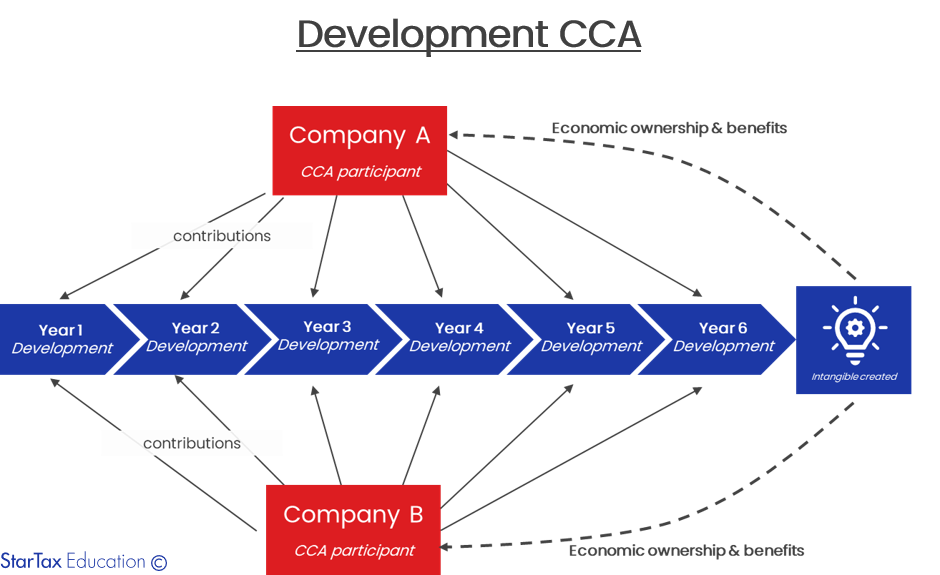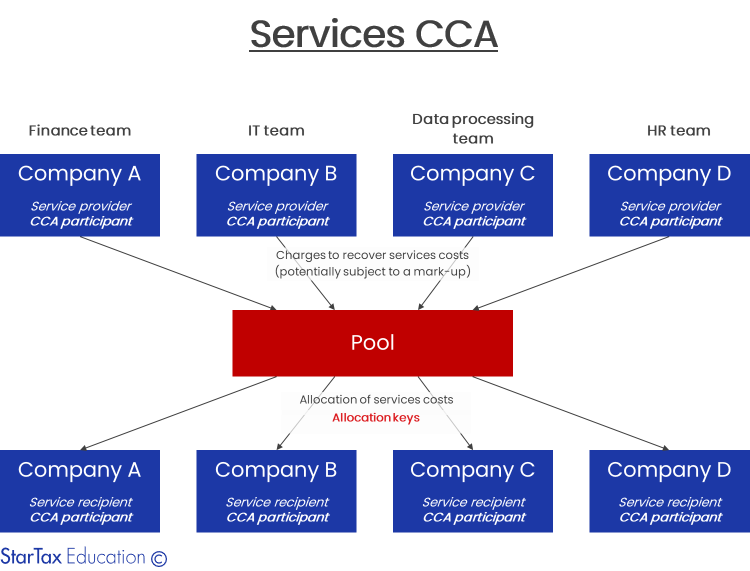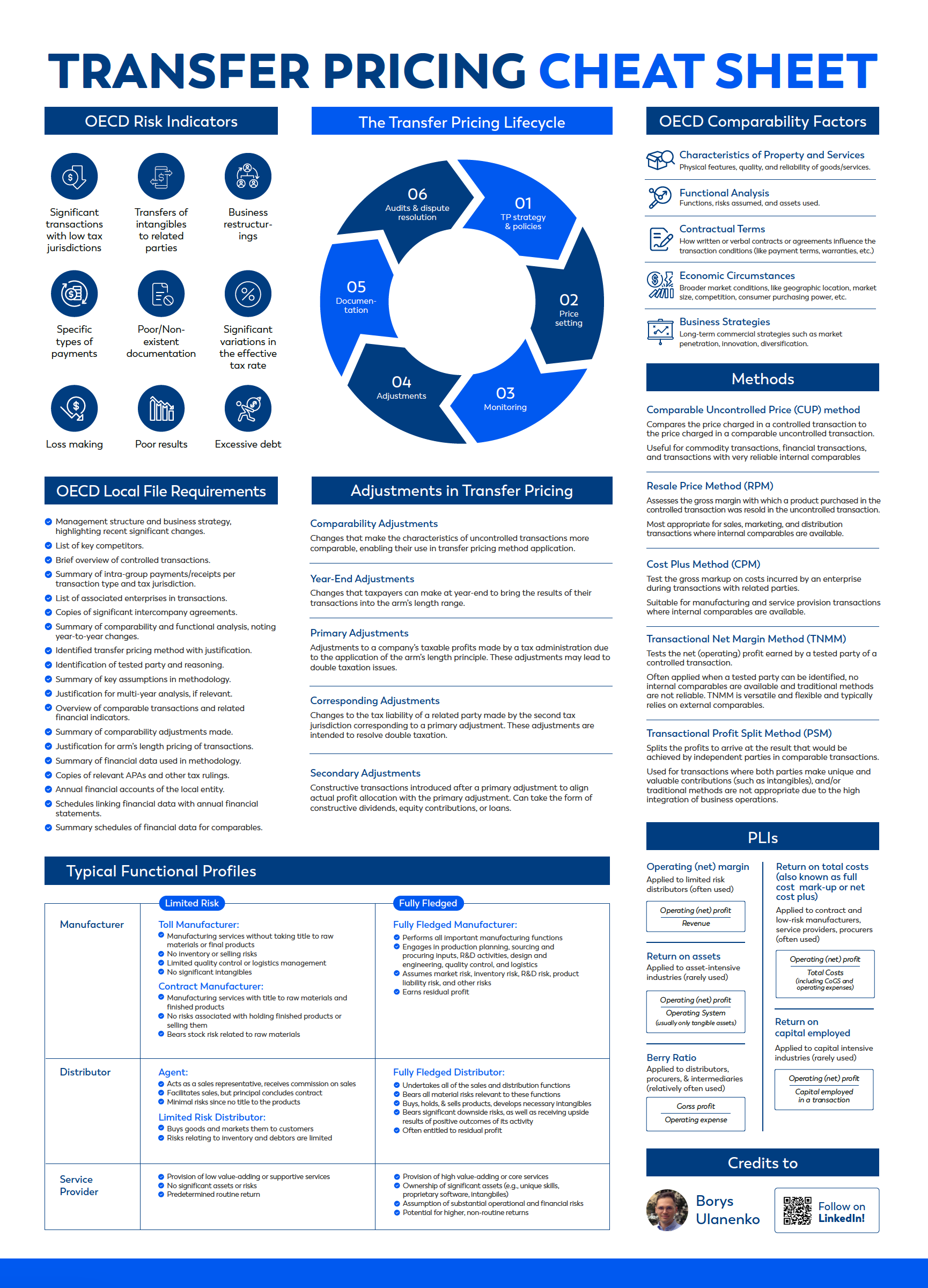



What are
other CCA elements that are critically important from your perspective? Let us know,
and we will add them to the list!
In our
textbook, we dedicate a detailed chapter for the discussion about CCAs, including
8 practical examples and cases that explain services and development CCAs.


